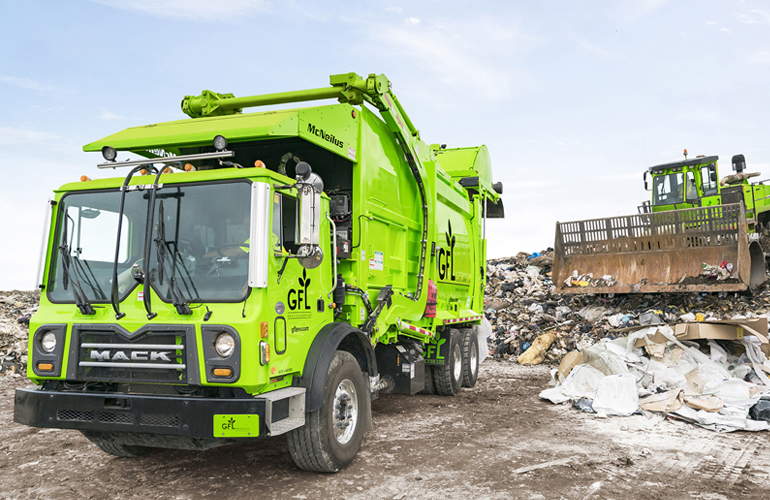Canada-headed diversified environmental services company GFL Environmental Inc. (GFL) and US-headed OPAL Fuels Inc. have announced their joint venture Paragon RNG has commenced commercial operations of their new renewable natural gas (RNG) facility at the Sampson County Landfill in North Carolina.
Owned and operated by a subsidiary of GFL, the Sampson County Landfill is located in Roseboro, North Carolina (NC).
The Paragon RNG plant is producing and injecting pipeline-quality RNG. US Environmental Protection Agency (EPA) registrations have been filed for the project and Paragon RNG expects a normal ramp-up period for the facility.
Paragon RNG is part of the previously announced joint venture between the two companies to develop RNG facilities at landfills owned by GFL.
Having completed the construction of the facility, OPAL Fuels will operate the facility and dispense the RNG as vehicle fuel for GFL’s fleet and other transportation customers.
We are excited to see another RNG facility come online through our partnership with OPAL Fuels. This facility at our Sampson landfill will play an important part in achieving our commitment to reduce our greenhouse gas emissions from landfills while providing an alternative fuel source that can power our trucks and help our customers achieve their own sustainability goals, said Patrick Dovigi, Founder and CEO of GFL.
The Sampson RNG facility has a nameplate design capacity of approximately 1.6 million MMbtu (12.4 million GGE) per year of RNG.
Completing construction of the Sampson RNG facility, now OPAL Fuel’s 10th operational plant marks another milestone in the growth of OPAL Fuels. Our operating portfolio of facilities now has approximately 7.8 million MMBtu of annual nameplate design capacity, more than tripling over the past 30 months, said Adam Comora, Co-CEO of OPAL Fuels.
When used as a transportation fuel to displace diesel, the RNG will reduce fleet operating costs and avoid greenhouse gas (GHG) emissions equivalent to achieving zero Scope 1 and Scope 2 emissions from more than 900 heavy-duty trucks.
This project also demonstrates our continued focus on expanding RNG production by working with best-in-class partners like GFL to bring more renewable fuel supplies online. These RNG projects combined with our integrated downstream fuel station segment providing that fuel back to the GFL fleet and other downstream customers create a win-win-win for our partners and the communities they serve, ended Adam Comora.



